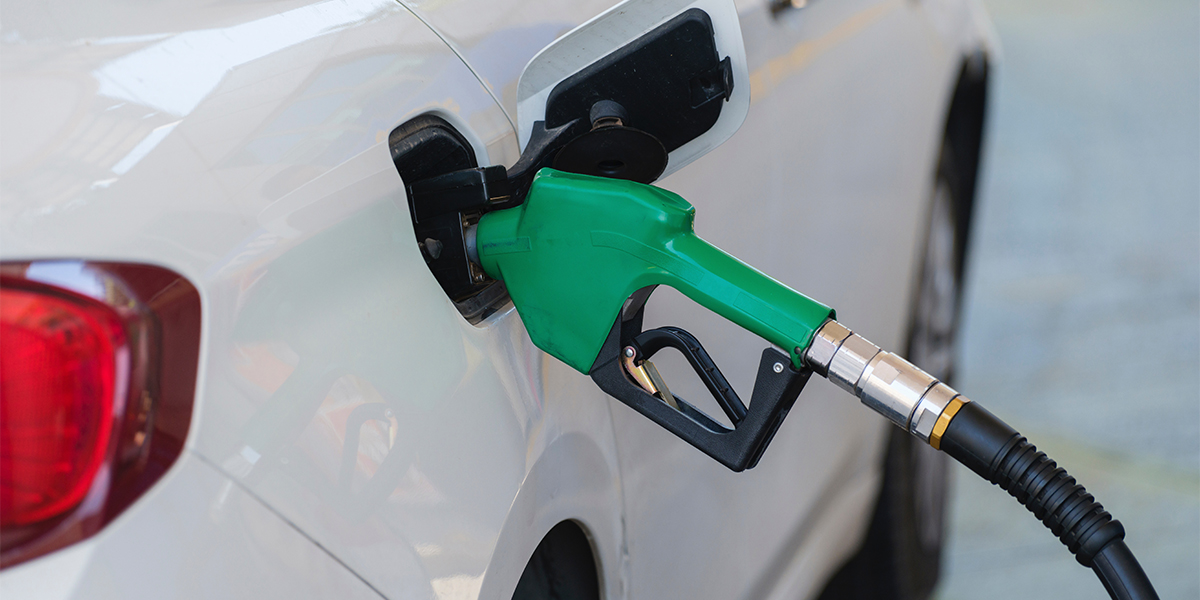UK 2035 Petrol & Diesel Ban: What You Need To Know
On By
Last week, the ban on new petrol and diesel car and van sales was pushed back 5 years to 2035 in the UK.
The announcement from Rishi Sunak puts the UK in line with the European Union’s petrol and diesel targets. This means that from 2035 all new cars sold will need to be either fully electric or hydrogen-powered.
Official details of how the ban will work and what this means for hybrid vehicles are yet to be published by the government.
Why is there a petrol and diesel ban?
The ban on petrol and diesel vehicles aims to reduce the release of greenhouse gases which will enhance local air quality. Petrol and diesel vehicles emit carbon dioxide (CO2) and the UK has a legal target to achieve net-zero greenhouse gas emissions by 2050.
Diesel vehicles, in particular, generate elevated levels of nitrogen oxides and particulate matter, which have been associated with an increased risk of respiratory diseases, lung cancer, heart disease and various other health conditions.
According to a report from the Royal College of Physicians, exhaust fumes from traffic are contributing to the premature deaths of an estimated 40,000 individuals in the UK.
Though these emissions can be minimised through modern exhaust systems and additives like AdBlue, electric vehicles are still the cleaner option because they produce zero emissions at the point of use, except for particles generated by the tyres and brakes.
Does this affect second-hand petrol and diesel vehicles?
No, it’s important to remember that this law only affects the sale of new vehicles. Old ICE (internal combustion engine) and plug-in vehicles will continue to be bought and sold after the 2035 deadline.
Why has the date been pushed back?
The petrol and diesel ban was first proposed back in 2017 by the then-environment secretary, Michael Gove. Initially, the plan was to ban any new cars containing an internal combustion engine from 2040.
A few years later, a review deemed that it was feasible the ban could be brought closer. As a result, in 2020 the government set the deadline to 2030 with plug-in hybrid vehicles allowed to stay on till 2035.
A lot has happened since 2020 and Rishi Sunak’s government is under a lot of pressure with a general election looming next year. The delay intends to ease the burden on motorists facing a cost of living crisis.
The Prime Minister has said that the government could not impose "unacceptable costs" on British families and called the decision “pragmatic, proportionate and realistic”.
What has been the reaction to the 2035 ban?
The announcement has received a mixed reaction in the automotive industry, which has invested billions to meet the original 2030 deadline.
Lisa Brankin, Ford UK Chair, said: "Ford has announced a global $50 billion commitment to electrification, launching nine electric vehicles by 2025. The range is supported by £430 million invested in Ford’s UK development and manufacturing facilities. Our business needs three things from the UK government: ambition, commitment and consistency. A relaxation of 2030 would undermine all three.”
Kia has also said how the announcement "alters complex supply chain negotiations and product planning, whilst potentially contributing to consumer and industry confusion".
Meanwhile, both Jaguar Land Rover and Toyota have stated that the move is “pragmatic” and brings the UK in line with other countries.
The Labour Party has already pledged to reverse the decision should it win next year’s general election, so don’t be surprised if there’s more change ahead.
How is the government supporting the EV transition?
In 2020, £1.3 billion of investment was announced to fund the installation of charge points across England and £582 million was put towards grants to incentivise electric vehicles (EV) and plug-in hybrid vehicles (PHEV).
In 2022, the government ended the plug-in car grant for private buyers which has since seen the EV uptake slow down. Meanwhile, big benefit-in-kind (BIK) schemes have remained in place for company car buyers which has resulted in strong EV registrations amongst fleet users.

